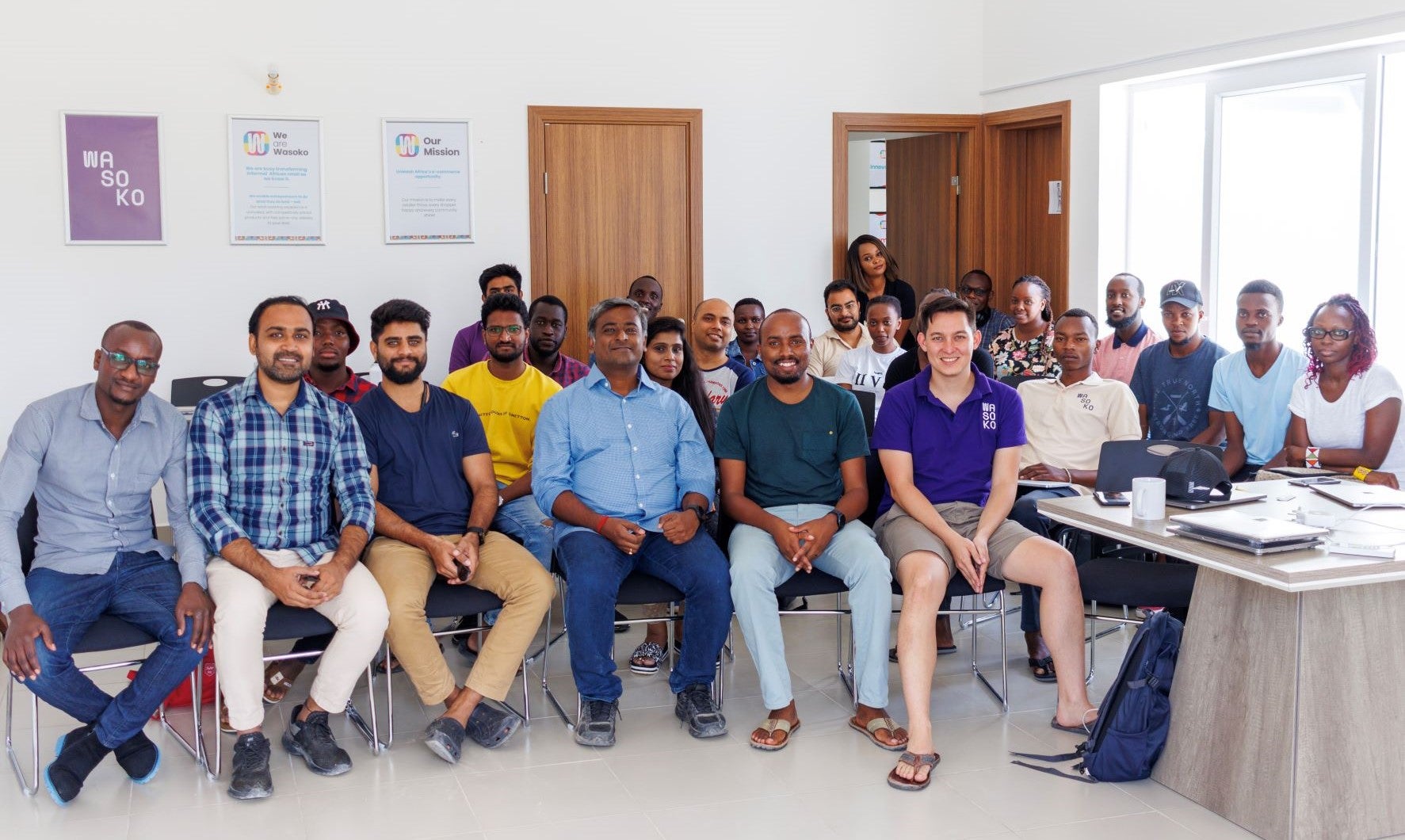Why Wasoko is setting up a tech hub in Zanzibar
CEO Daniel Yu told Quartz that he found Zanzibar’s fiscal policies more supportive to his expansion plan across Africa

When Kenya began implementing the Finance Act in July, chief executive of e-commerce and delivery startup Wasoko Daniel Yu had already started the search for an African government “which is heavily interested in supporting our mission.” And that led to his relocation from Nairobi to Fumba, Zanzibar where he is setting up the startup’s tech head office.
Kenya’s new law targets tech establishments, and has doubled the digital service tax (pdf) from 1.5% in January to 3% on the gross value of online transactions, making Nairobi less attractive to tech-based startups.
On top of the annual corporate tax capped at 30%, established startups like Wasoko which supplies goods would also pay an excise tax. The Finance Act also increased the capital gains tax rate from 5% to 15%, effective January 2023.
Why Wasoko moved to Zanzibar
Yu tells Quartz in an exclusive interview that compared to Kenya, he found Zanzibar’s fiscal policies more supportive to his expansion plan across Africa. The heavy taxes in Nairobi translate to lower profit margins for Wasoko–valued at $625 million–which has now expanded to six African countries since its inception six years ago.
“The tax rate is lower in Zanzibar, and there are better fiscal incentives. It is also easier to secure work and business visas compared to Nairobi,” Yu said. Setting up its base in Zanzibar also allows Wasoko to better understand its Swahili speaking clients in mainland Tanzania, whose startup policies are just as attractive.
On Aug 30. Yu launched Wasoko Innovation Hub in partnership with the Zanzibar government in Fumba town, becoming home to “over 500 visionary engineers, product managers, UX designers and researchers from Africa and across the globe”
“Wasoko has been looking for a location where we can bring together the best talent from across the continent and beyond to innovate and develop new products and services for our customers,” he said, promising to secure over $15 million worth of investment in the island in the next decade.
Kenya’s Finance Act
The new law also imposed a 10% excise duty on all imported mobile phones and an additional $0.04 on all sim cards imported, which is set to slow down gains made in the internet economy. On their part, digital lenders are now paying 20% excise tax on all loans advanced to customers, making access to credit more expensive and fueling defaults.
“It is becoming more expensive to operate in Kenya due to the introduction of taxes, fees, levies, and charges,” says Kenya Association of Manufacturers chairman Mucai Kunyiha. “The new tax measures are punitive .”
After most businesses went online during the covid-19 pandemic, the Kenyan government cast its tax net on digital platforms offering e-commerce, e-sports, digital content, and streaming services forcing them to raise their fees to meet their regular profits. In an attempt to catch tax cheats, the Kenya Revenue Authority (KRA) has been criticized for breaching data privacy rights and snooping into citizens’ online chats.
Silicon Zanzibar?
Zanzibar, which is part of Tanzania, offers the most affordable internet in east Africa. “We have an average download and upload speed of 22 megabits per second,” Yu tells Quartz.
“No longer will tech companies need to open offices and move their people to Dubai or London to manage their operations in Africa. We are providing an open and enabling environment for all tech companies and their team members to be based in Zanzibar,” says Mudrick Soraga, Zanzibar minister of investment and economic development.
Fumba is set to become the main hub for Silicon Zanzibar, and hopes to streamline the issuance of work visas to skilled tech workers from across Africa and beyond to relocate to Zanzibar, and give Kenya’s Silicon Savannah a run for its money. To further attract tech companies, the government is offering tax incentives under the Free Economic Zone program which includes an exemption from corporate income tax for ten years for startups like Wasoko.